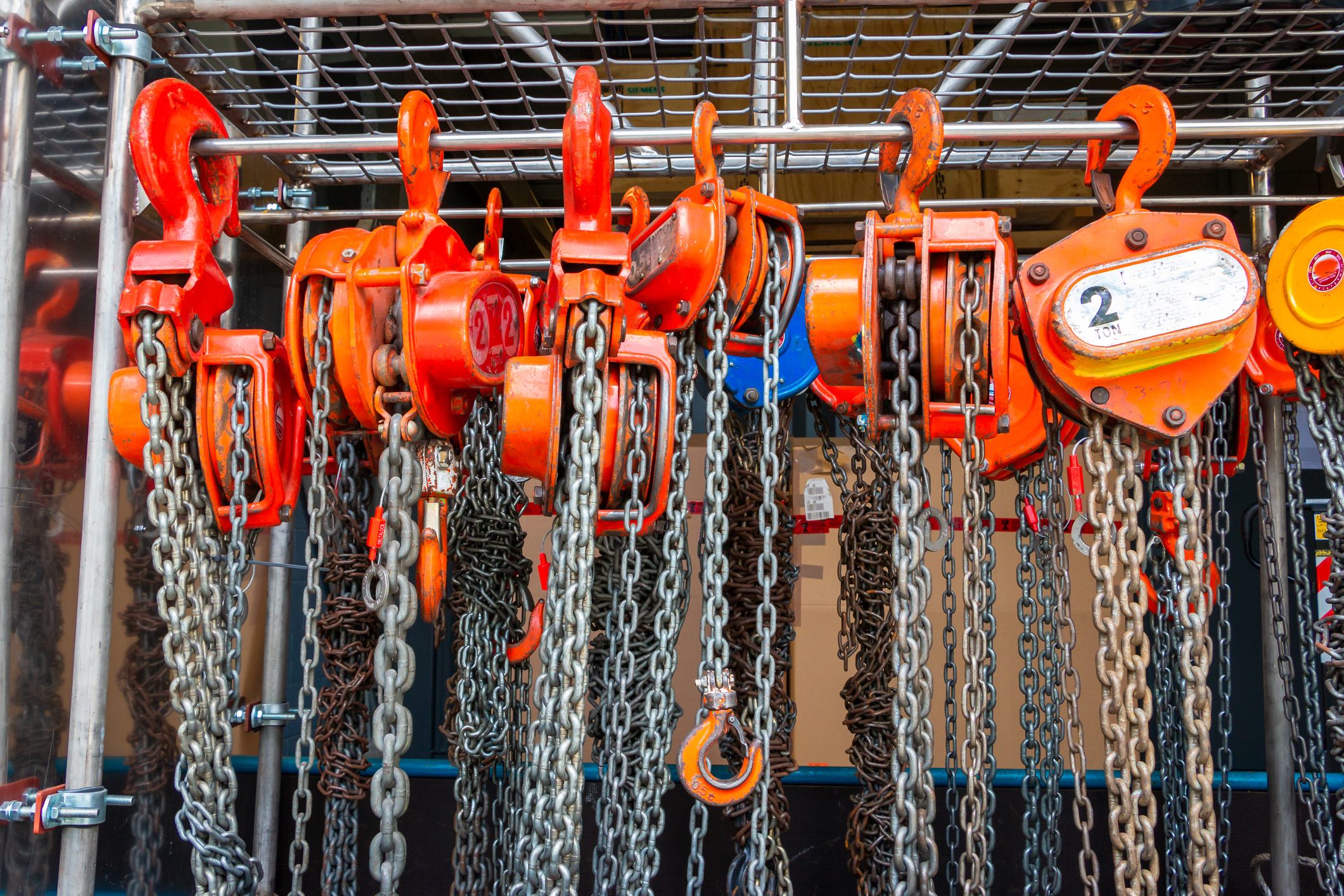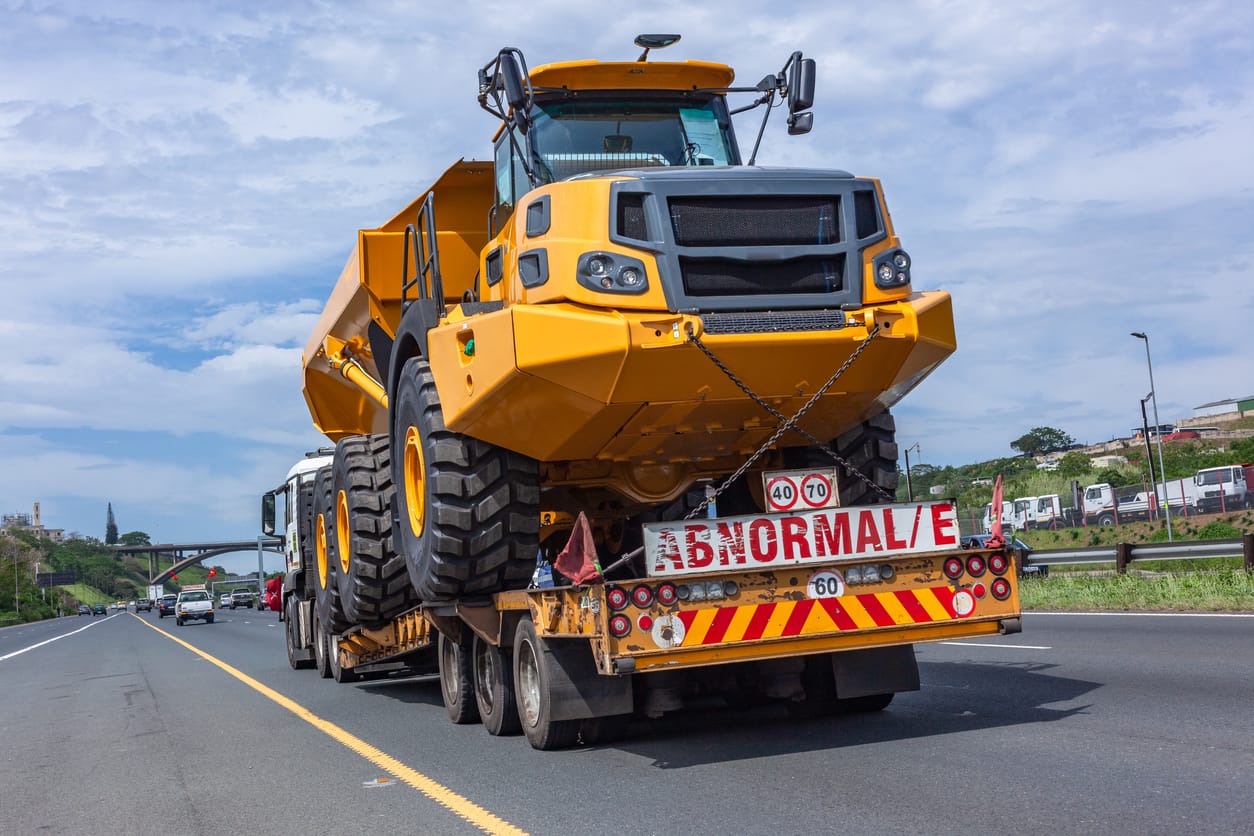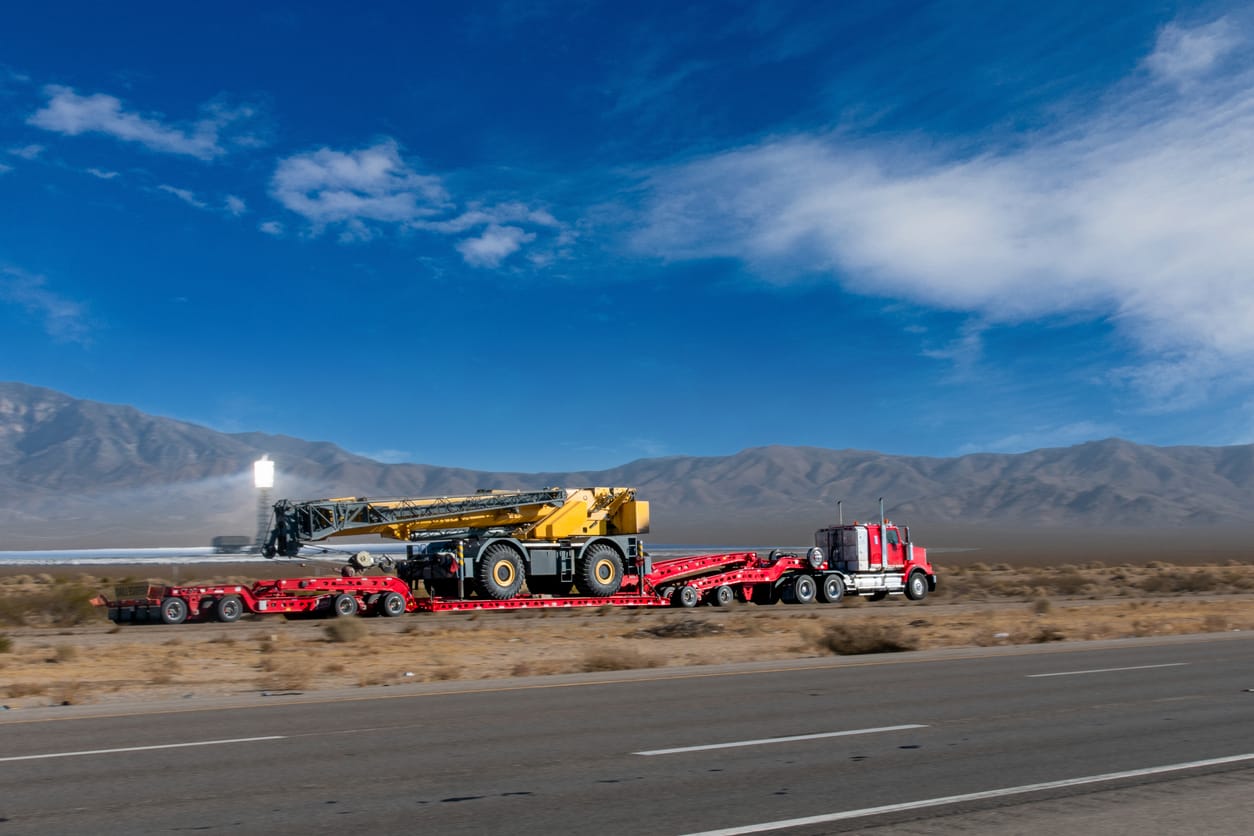In various industries, industrial rigging equipment is a crucial component for smooth operations. It is the backbone of the construction, manufacturing, and mining industries, among others. However, moving this heavy machinery from one location to another can be a challenging task. Ensuring that it is transported safely and efficiently requires planning, expertise, and experience. The cost of shipping industrial rigging equipment is also a significant factor to consider. With so much at stake, it’s essential to work with a reliable transportation company that has a proven track record in shipping industrial rigging equipment. Whether you are a business owner or an individual, it is crucial to ensure that the equipment arrives at its destination safely and securely. This is because any damage to the equipment during transportation can lead to significant financial losses, delays in operations, and even safety hazards.
In this shipping guide, we will explore considerations for choosing a heavy equipment shipping company and provide tips on preparing your industrial rigging equipment for shipping. We’ll cover the different vehicles available for industrial equipment, state and federal regulations, and common trailer types used in heavy haulage.
Additionally, we’ll explore the industries that need rigging services for machinery and provide best practices for organizing and packing machinery for moving. Lastly, we’ll delve into why rigging companies need reliable specialized transportation companies, and what they need to consider when hauling equipment. By the end of this article, you’ll have all the information you need to ship industrial rigging equipment with confidence, ensuring that your valuable equipment is delivered safely and efficiently to its destination.
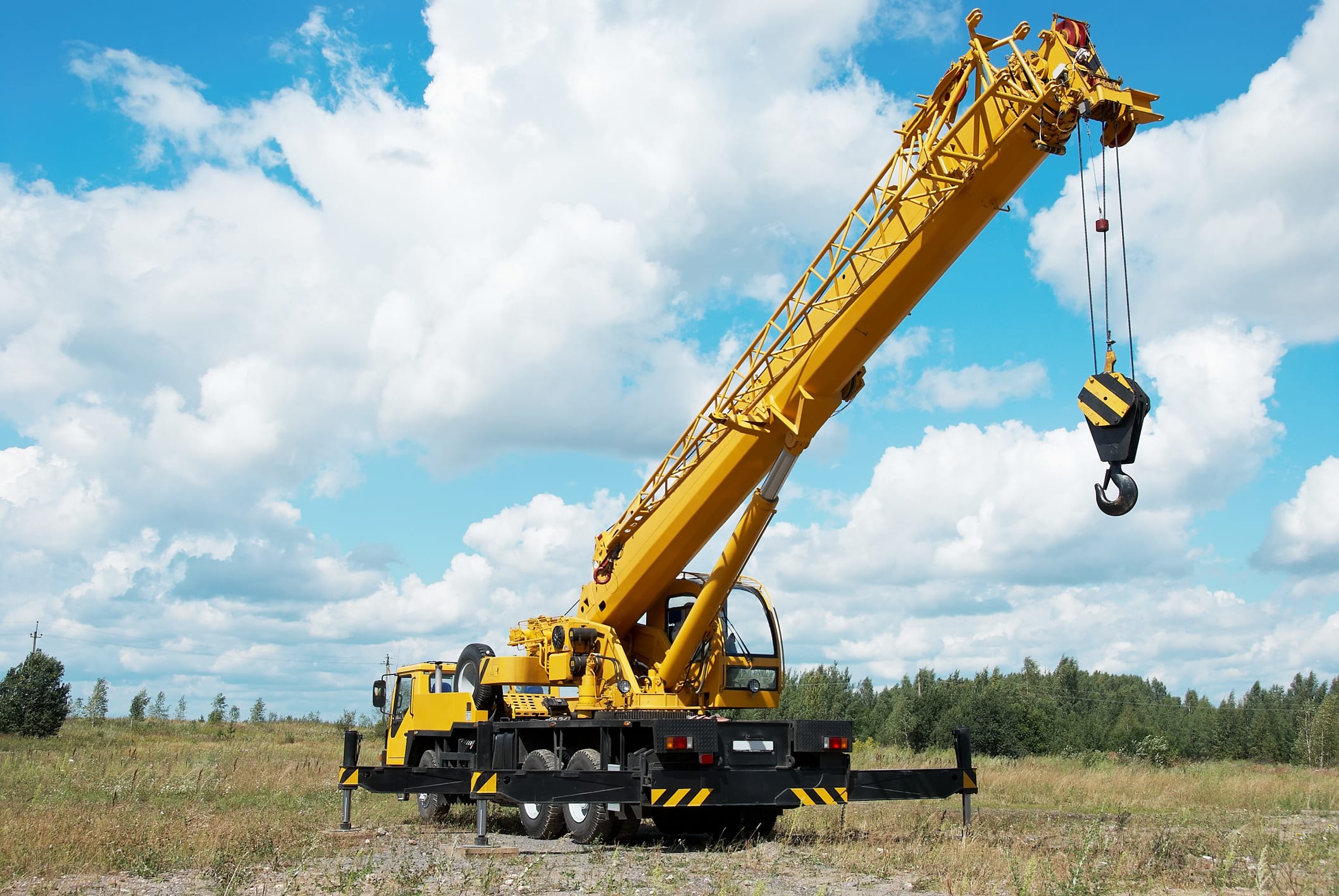
When it comes to shipping industrial rigging equipment, the cost is one of the most critical factors to consider. Several cost factors can impact the shipping of industrial rigging, and it’s essential to understand each one of them before making a decision.
One of the significant factors that can impact the cost of shipping industrial rigging is the transportation distance. The farther the distance, the higher the shipping cost will be. The distance between the origin and destination can affect the fuel cost, travel time, and the type of transportation required.
Another factor that can significantly impact the shipping cost of industrial rigging is its weight. The heavier the equipment, the higher the shipping cost will be. This is because heavy equipment requires special handling and equipment, which can be more expensive.
The size and dimensions of industrial rigging equipment can also impact the shipping cost. The larger the equipment, the more space it will take up during transportation. This can result in higher shipping costs, especially if the equipment requires special permits for oversized loads.
When shipping industrial rigging equipment, it’s crucial to consider these cost factors carefully. Understanding them can help you plan your budget and make an informed decision about the best shipping method for your needs. At Ship A Car, Inc., we understand the importance of cost-effectiveness in shipping industrial rigging. That’s why we work with our customers to find the most cost-effective shipping options that meet their unique needs. We have access to the largest network of carriers, and we’ll do everything we can to match your needs to the best service. Whether you need to ship your equipment locally or internationally, we’ve got you covered. Contact us today to learn more about our cost-effective shipping options for industrial rigging equipment.

Here are the key factors to consider when selecting a heavy equipment shipping company:
- Experience: Look for a company that has extensive experience in shipping heavy machinery and equipment. An experienced company will have a better understanding of the unique challenges and requirements involved in shipping industrial rigging and will be able to handle any unforeseen issues that may arise during transport.
- Expertise: Make sure the company you choose has expertise in the specific type of rigging equipment you need to ship. This will ensure that the company knows how to properly secure and transport your equipment, and has the right equipment and tools to handle the job.
- Safety Record: Safety is a top priority when shipping heavy equipment, so it’s important to choose a company with a strong safety record. Look for a company that has a proven track record of safe and successful equipment transport and one that adheres to all state and federal safety regulations.
- Insurance Coverage: Make sure the shipping company you choose has adequate insurance coverage to protect your equipment during transport. This will give you peace of mind knowing that you’re covered in case of any damage or loss that may occur during shipping.
- Customer Service: Finally, choose a shipping company that provides excellent customer service. Look for a company that is responsive, reliable, and provides clear and frequent communication throughout the shipping process. A good shipping company will keep you updated on the status of your shipment and answer any questions you may have.
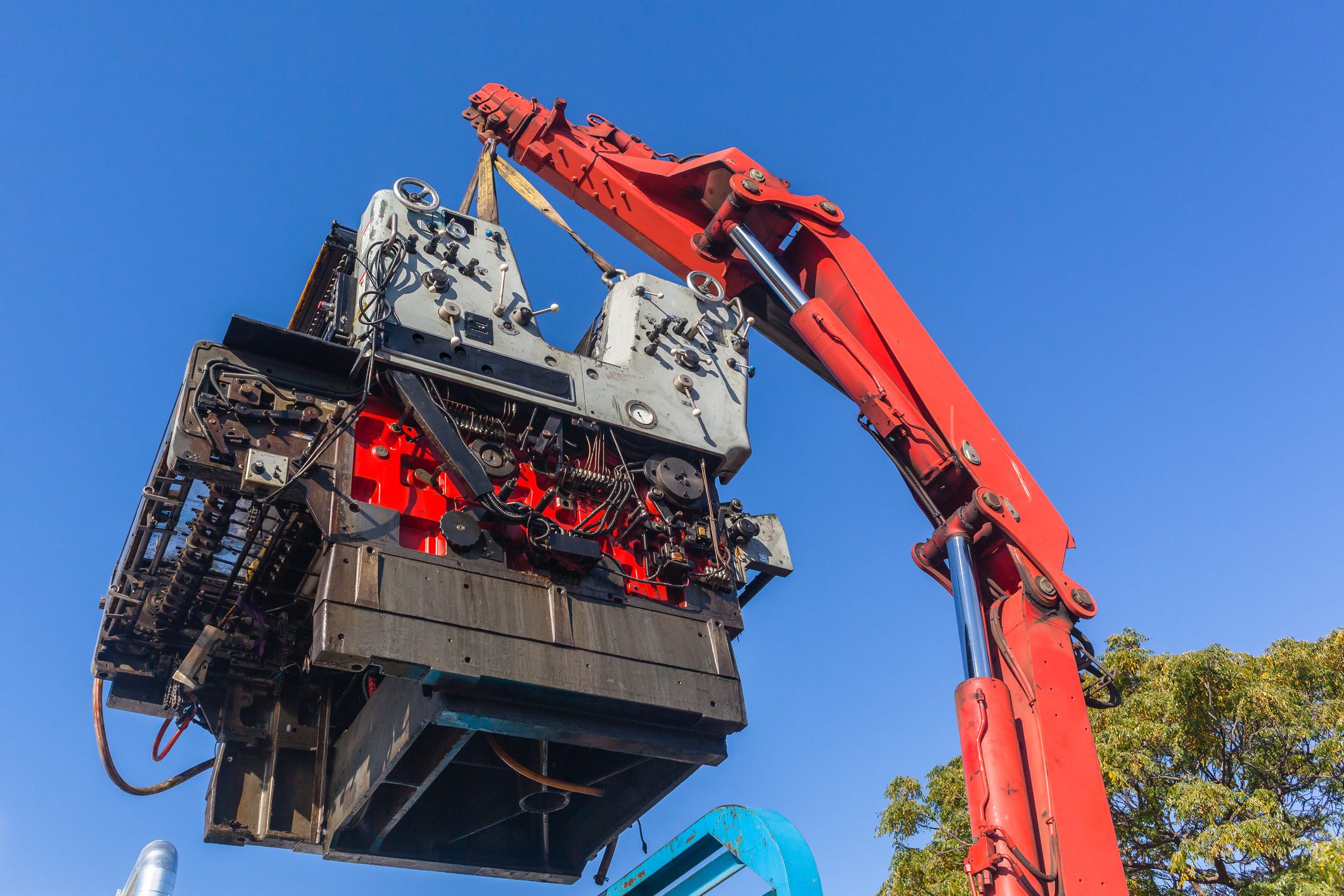
Fear not! With the right steps and a little bit of humour, you can safely and efficiently transport your machinery to its destination. Here’s a step-by-step guide on how to ship industrial rigging equipment:
- First things first, select the right vehicle. You don’t want to cram your heavy-duty machinery into a compact car, so make sure to choose a vehicle that can handle the weight and size of your equipment.
- Once you’ve got your transportation sorted, it’s time to prepare your equipment for shipping. Take inventory of all the pieces and disassemble the machinery as needed. Make sure to label and number everything appropriately, so you can easily reassemble it at the other end.
- Now, it’s time to pack up your equipment. Don’t just throw it in a box and hope for the best! Use proper packing materials like foam padding and bubble wrap to protect your machinery from damage during transport.
- It’s important to secure any loose parts before shipping. You don’t want your equipment jostling around in transit and causing damage. Make sure everything is tightly secured and well-packed before you hit the road.
- Finally, communicate with your shipping company about any critical components that may require extra attention during the shipping process. They’ll be able to take the necessary precautions to ensure everything arrives safely and securely.
By following these steps, you can minimize the risk of damage during transport and ensure a smooth and successful delivery of your industrial rigging equipment.
Industrial rigging equipment is often large, heavy, and complex, and transporting it can be a challenging task. However, by following some key safety measures and best practices, you can ensure that your equipment arrives at its destination safely and without damage.
One of the most important things to consider when shipping industrial rigging equipment is securing any loose parts. Loose parts can shift during transport, causing damage to the machinery or even creating a safety hazard for those handling the equipment. To prevent this, make sure to secure all parts before shipping.
Another important consideration is the packaging materials used to protect the equipment during transport. Proper packaging materials, such as foam padding, bubble wrap, and sturdy boxes, can help prevent damage to the machinery. Make sure to use appropriate packaging materials that are designed to handle the weight and size of your equipment.
Selecting the right vehicles is also critical for safely shipping industrial rigging equipment. The vehicle should be appropriate for the weight, size, and dimensions of the equipment being shipped. The vehicle should also be equipped with the necessary equipment to safely load and unload the machinery.
In addition to these measures, it’s important to work with a reliable and experienced shipping company. A reputable shipping company will have the expertise and equipment needed to safely transport your industrial rigging equipment. They will also have a proven track record of successful deliveries and satisfied customers.
This is where shipacarinc.com comes highly recommended, we specialize in transporting heavy machinery and equipment across the country.
Ship A Car works with the largest network of trained professionals who understand the complexities of shipping industrial rigging equipment. We have the necessary equipment and expertise to securely load and transport heavy machinery, ensuring that it arrives at its destination safely and on time.
Also, shipacarinc.com offers additional insurance options for added peace of mind.
Overall, if you’re looking for a reliable and efficient shipping company for your industrial rigging equipment, the Ship A Car team is an excellent choice.

Industrial rigging is a crucial part of many industries, including construction, manufacturing, oil and gas, aerospace, and mining. The process involves moving and transporting large and heavy equipment from one location to another. Various types of industrial rigging jobs.
- Construction: Industrial rigging is essential in the construction industry, particularly when it comes to erecting buildings and infrastructure. Rigging equipment is used to lift and move heavy objects such as steel beams, concrete slabs, and construction materials.
- Manufacturing: The manufacturing industry relies heavily on industrial rigging to transport heavy machinery, equipment, and supplies to and from production lines. Rigging is also used to move finished products to warehouses and shipping docks.
- Oil and Gas: Industrial rigging is critical in the oil and gas industry. It’s used to move drilling equipment, pipes, and other heavy machinery to and from drilling sites. Rigging is also used to transport supplies and materials to remote locations.
- Aerospace: The aerospace industry requires specialized industrial rigging equipment to move large and heavy aircraft parts. Rigging is used to lift and transport wings, engines, and other aircraft components.
- Mining: The mining industry relies on industrial rigging to transport heavy equipment, supplies, and materials to and from mining sites. Rigging is also used to move large rocks and debris during excavation.
As you prepare to transport your industrial equipment, it’s essential to select the right type of trailer to ensure smooth and safe transport. Heavy hauliers use a variety of trailer types, each designed for specific transportation needs. Here are some common trailer types used by heavy hauliers:
- Flatbed trailers: These are the most common trailers used for transporting industrial equipment. They have a flat platform and no walls or roof, making them ideal for carrying oversized or bulky loads.
- Lowboy trailers: These trailers are designed for carrying heavy and oversized equipment, such as construction machinery, mining equipment, and large transformers. They have a low profile, making them suitable for tall equipment that cannot fit on a standard flatbed trailer.
- Step deck trailers: Also known as drop deck trailers, these are similar to flatbed trailers but have two levels. They have a lower deck for carrying taller equipment and an upper deck for carrying shorter items. They are often used for transporting heavy equipment, such as excavators and bulldozers.
- Double drop trailers: These trailers have a lower deck in the front and a drop in the rear, making them ideal for carrying oversized equipment that is too tall for a flatbed trailer. They are commonly used for hauling heavy equipment and machinery, such as cranes and large tanks.
- Extendable trailers: These trailers can be adjusted to fit different sizes of equipment. They can be extended or retracted to accommodate longer or shorter loads, making them versatile and suitable for a wide range of transportation needs.
When choosing a heavy haulier for your industrial equipment transport, it’s crucial to ensure that they have the appropriate trailer type for your specific needs. A reliable and experienced heavy haulier like Ship A Car (aka SAC) can provide you with the right trailer and ensure the safe and efficient transport of your equipment.
several industries rely on rigging services to transport their equipment safely and efficiently. Here’s a detailed look at the industries that require rigging services for machinery transport:
- Construction Industry: The construction industry involves the movement of heavy machineries, such as bulldozers, cranes, and excavators. These machines are often transported to different job sites, which require rigging services to ensure safe and efficient transport.
- Manufacturing Industry: The manufacturing industry involves the production of heavy machinery, which requires transportation to various locations. Rigging services help move the machinery safely and efficiently, minimizing the risk of damage.
- Oil and Gas Industry: The oil and gas industry involves the movement of heavy equipment, such as drilling rigs and pumps, to different drilling sites. Rigging services are crucial in this industry, as they ensure that the equipment is transported safely and efficiently.
- Aerospace Industry: The aerospace industry requires the movement of large and heavy equipment, such as aeroplanes, satellites, and rocket parts. Rigging services are necessary to ensure that the equipment is moved without causing any damage.
- Mining Industry: The mining industry involves the use of heavy machineries, such as drills, excavators, and trucks. These machines are often transported to different mining sites, requiring rigging services to ensure safe and efficient transport.
In conclusion, several industries require rigging services to transport their heavy machinery safely and efficiently. With the help of experienced rigging professionals, companies can minimize the risk of damage and ensure that their equipment arrives at its destination on time.
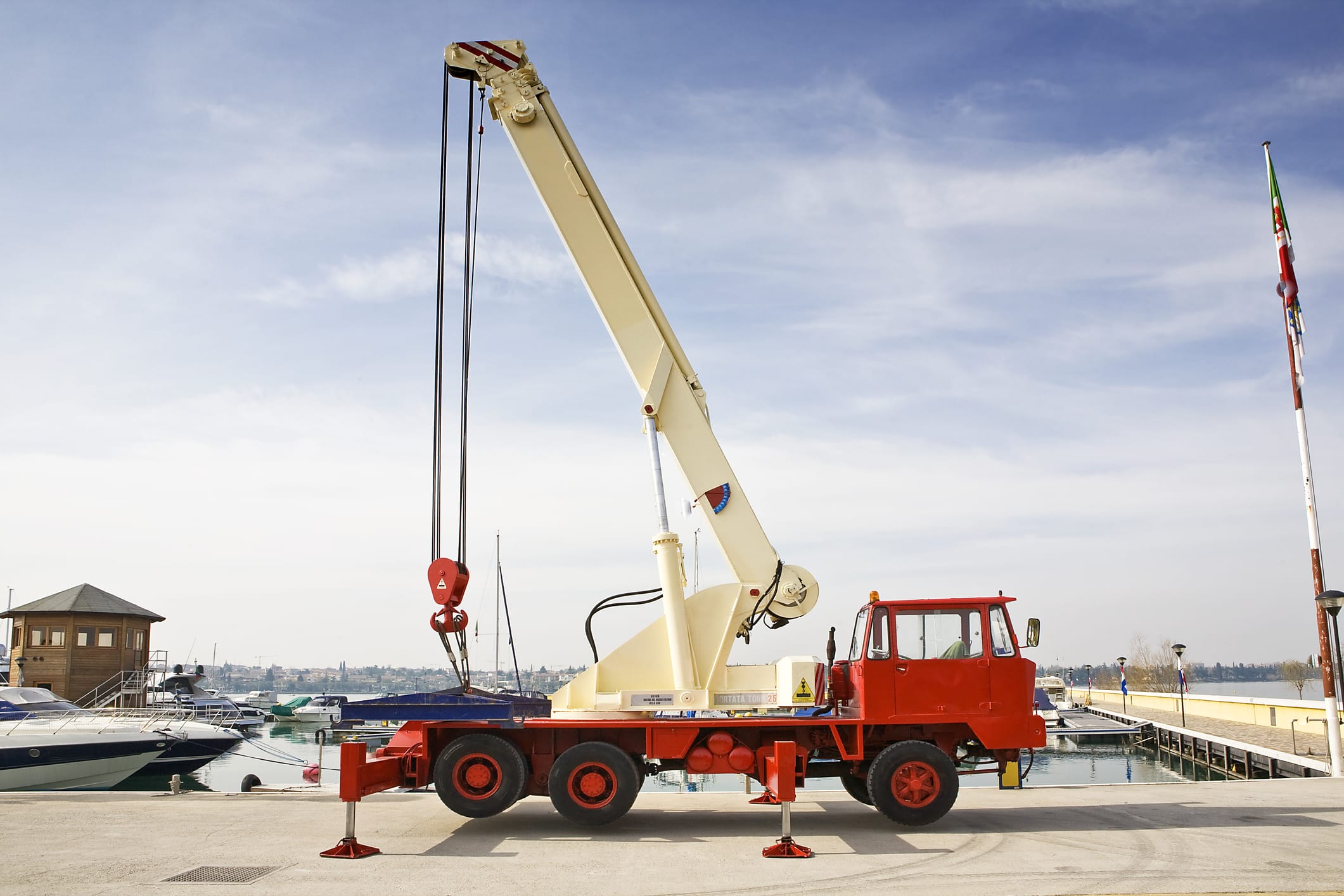
Numerous state and federal regulations must be followed to ensure safety and compliance. These regulations are put in place to protect not only the equipment being transported but also the workers and public safety.
- Permits: Before transporting any heavy machinery, it’s essential to obtain the necessary permits from the state and local authorities. These permits may include oversized load permits, overweight permits, and route permits, among others.
- Weight Restrictions: Weight restrictions vary from state to state and depend on the type of road being travelled. It’s essential to comply with these restrictions to avoid fines and prevent damage to roads and bridges.
- Driver Qualifications: Drivers transporting heavy machinery must hold a commercial driver’s license (CDL) and have specialized training in handling oversized and overweight loads. They must also comply with federal regulations on hours of service and rest periods.
- Safety Equipment: Heavy machinery transport vehicles must be equipped with safety features such as warning lights, flags, and signs to alert other drivers and pedestrians. The equipment being transported must also be properly secured and braced to prevent shifting during transport.
- Environmental Regulations: Transporting heavy machinery can have a significant impact on the environment, particularly if hazardous materials are involved. Companies must comply with federal regulations such as the Clean Air Act and the Clean Water Act.
- Insurance: Rigging companies must carry the appropriate insurance coverage to protect against any accidents or damages that may occur during transport.
- DOT Regulations: The Department of Transportation (DOT) sets regulations for commercial vehicles, including requirements for vehicle maintenance, inspection, and documentation.
Understanding and complying with state and federal regulations is crucial for anyone involved in heavy machine rigging and transport. Working with a reputable and experienced rigging company to ensure compliance and a smooth transport process.
- Heavy equipment requires specialized transportation: Rigging companies deal with heavy and oversized equipment that requires specialized vehicles. These vehicles must be able to handle the weight and size of the equipment, and have the proper equipment and permits to transport them legally and safely. Specialized transportation companies have the expertise and equipment needed to transport these types of loads.
- Compliance with state and federal regulations: Each state and the federal government has regulations in place that govern the transportation of heavy equipment. These regulations include weight restrictions, permit requirements, and other safety standards. Rigging companies need specialized transportation companies that understand these regulations and can ensure compliance.
- Reduced risk of damage: Moving heavy equipment requires specialized handling to prevent damage during transport. Specialized transportation companies have the equipment and expertise to safely load and unload equipment, reducing the risk of damage during transportation.
- Cost-effective solutions: Specialized transportation companies can provide cost-effective solutions for rigging companies. They have the expertise to optimize transportation routes and can provide customized solutions that fit the specific needs of the rigging company.
- Time-saving: Partnering with a specialized transportation company can save rigging companies time. These companies have the necessary equipment and permit to transport equipment quickly and efficiently, reducing transportation time and ensuring that equipment arrives at its destination on time.

when it comes to shipping industrial rigging equipment, there is simply no room for error. Proper planning and preparation are critical to ensure safe and successful transport. This means selecting the right vehicles, securing loose parts, and using appropriate packaging materials.
But even with the best planning and preparation, the success of your transport ultimately comes down to the transportation company you choose. Working with a reliable and experienced company like Ship A Car, Inc. can make all the difference in ensuring that your equipment arrives at its destination safely and on time.
At SAC, their team of experts understands the unique needs of each industry and is equipped with the necessary knowledge and permits to navigate state and federal regulations with ease. With a focus on customer service and attention to detail, they provide customized solutions that are tailored to your specific needs.
Don’t take any risks when it comes to shipping your industrial rigging equipment. Choose shipacarinc.com for a stress-free and successful transportation experience.
A: Industrial rigging equipment refers to heavy machinery and equipment used in various industries like construction, manufacturing, mining, and aerospace.
A: The best way to ship industrial rigging equipment is by using a reliable transportation company like Ship A Car, which specializes in heavy machinery transport and has the necessary expertise and equipment for safe and efficient transportation.
A: You should prepare your industrial rigging equipment for shipping by securing all loose parts, draining fluids, disconnecting power sources, and packaging it properly with suitable materials.
A: Weight restrictions for shipping industrial rigging equipment vary depending on state and federal regulations. It is essential to work with a transportation company like shipacarinc.com, which has the necessary permits and knowledge of the regulations to ensure legal transport.
A: The benefits of working with a transportation company like shipacarinc.com include expertise in heavy machinery transport, proper equipment and permits, compliance with state and federal regulations, and efficient and safe transportation of your equipment.
